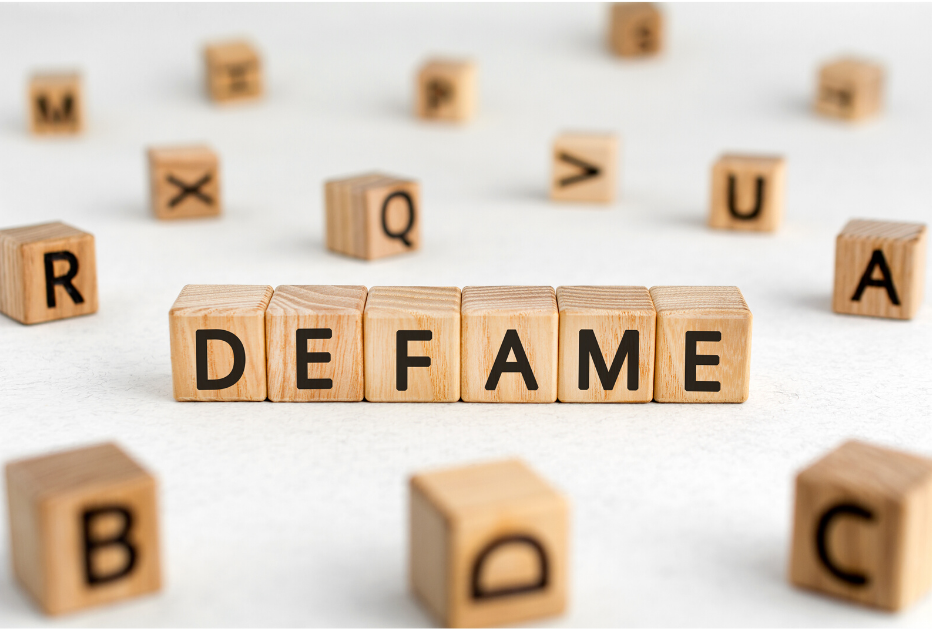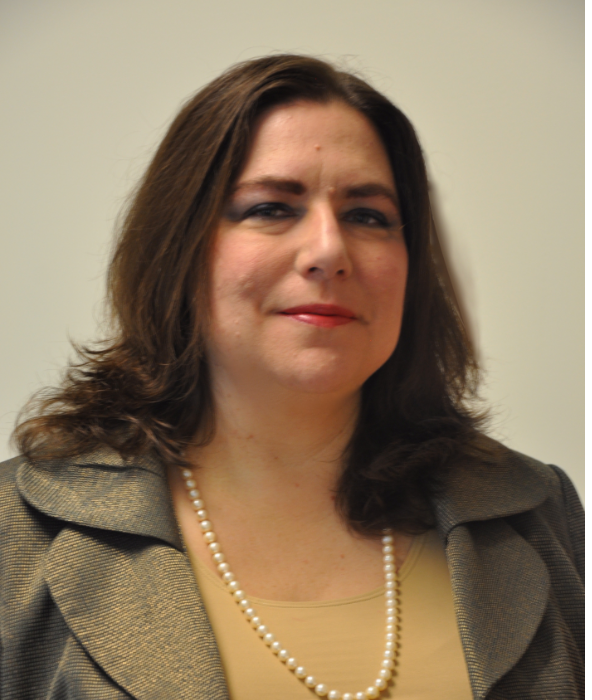By Lori B. Duff
NSNC Vice President

As columnists, we tend to write about people, and there is danger in that. We fear defamation suits. There are two main types of defamation suits: libel and slander. The difference between the two is the medium in which the defamation occurs. Libel is written and slander is spoken.
Truth is always a defense to any kind of defamation suit, even if the truth is ugly and hurtful to the person about whom it is spoken. If I call you a thieving murderer and you did, in fact, steal things and kill someone, you have no room for complaint.
In the United States, free speech is one of our most protected rights. This freedom, however, is balanced against the prohibition against wrongfully damaging others and offenses against the public order. Historically, the purpose of freedom of speech is for the exchange of ideas and opinions; of allowing any philosophy to have its opportunity for influence in public discourse. The courts decided a long time ago that defamatory speech isn’t necessary for the exchange of ideas, and therefore isn’t covered by the freedom of speech protections in the Constitution.
New York Times v. Sullivan is a case that every journalist should be familiar with. It stands for the proposition that people in the public arena such as politicians and movie stars and police officers are not as protected as private people. The Sullivan court made a distinction between making defamatory comments about a public person vs. a private person: when talking about a public person, in order for the lawsuit to be successful, the false statement had to be made with actual malice. In other words, you had to know that the statement was false or likely to be false.
When you are talking about private people, relatives and neighbors who are not in the public eye, the standard is lower. The statement need only be false and harmful.
People also wonder if you can defame the dead. I’ve heard many people say that you shouldn’t speak ill of the dead, and we can debate until the end of time whether someone passing away erases the bad things they did when they were alive. Legally speaking, however, the fact that someone is deceased either makes no difference or makes it more difficult to prove in a court of law that you have harmed them in some way, since their memory wouldn’t have as much hard, cold value as their living reputation. The law takes a very cold, actuarial approach to such things.
There is also a difference between fact and opinion. An opinion cannot be false or true. It is entirely subjective. If I think a person, whether it be a politician or a celebrity, or my neighbor or relative, is a jerk, then that is my truth and it cannot be disproved. I can say that in my living room or on a billboard or on the front page of The New York Times if I can convince them to print it. However, if I think a person, celebrity or private citizen, is solely responsible for all voter fraud in the 2016 election, I’d better have some airtight evidence to prove my case before I go spreading that information in a public place.
You can’t stop lawsuits entirely; you can only ensure your ultimate victory. People file frivolous lawsuits all the time. Ultimately, the truth will set you free; a good errors and omissions liability insurance policy will pick up the slack; and you are, in fact, entitled to your opinion.

In addition to being an award-winning author and columnist, Lori B. Duff is a recovering lawyer who moonlights as a Municipal Court Judge. She is the President-Elect of the Council of Municipal Court Judges of Georgia. She can be found at www.loriduffwrites.com
Lori B. Duff recently spoke to NSNC Executive Director Suzette Martinez Standring in more detail about protecting yourself as a journalist, the differences between libel and slander, and whether or not copyright safeguards your work. The video was produced by Eastern Nazarene College (Quincy, MA) and facilitated by Suzette who has taught ENC journalism classes. Lori was a guest speaker. All permissions granted.

